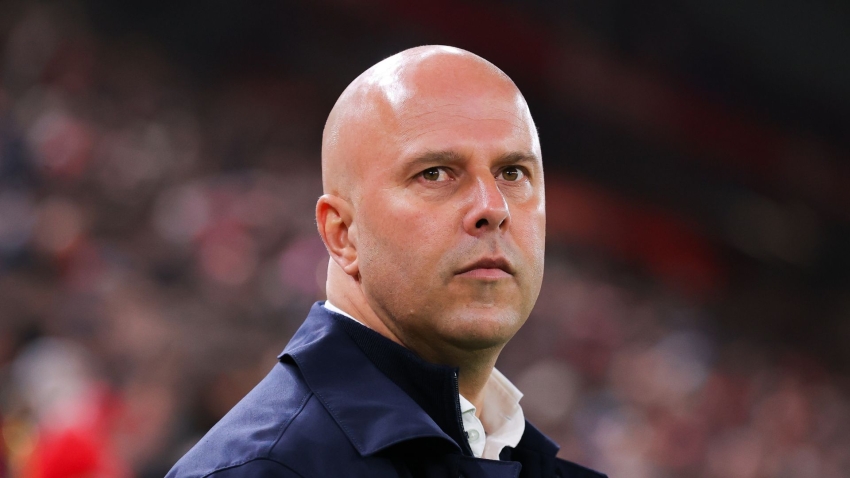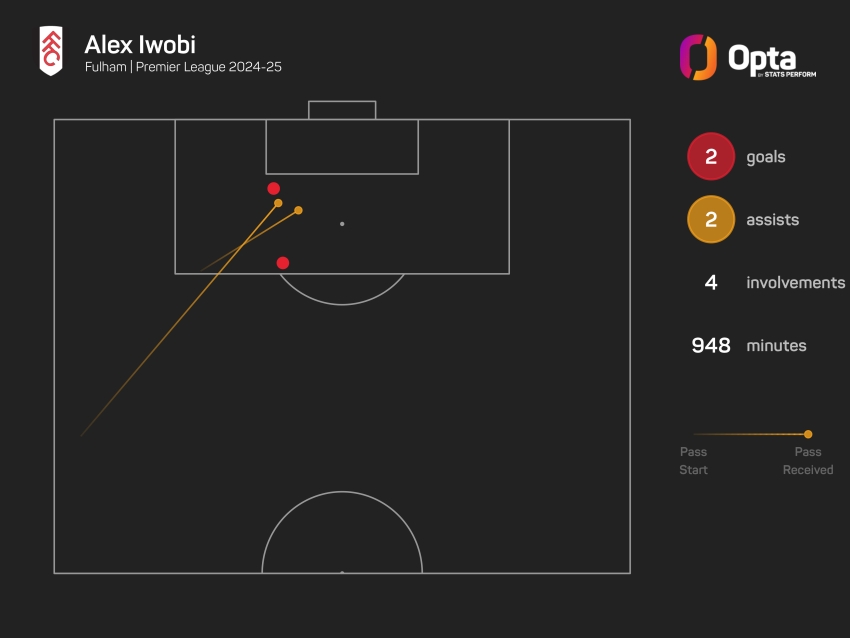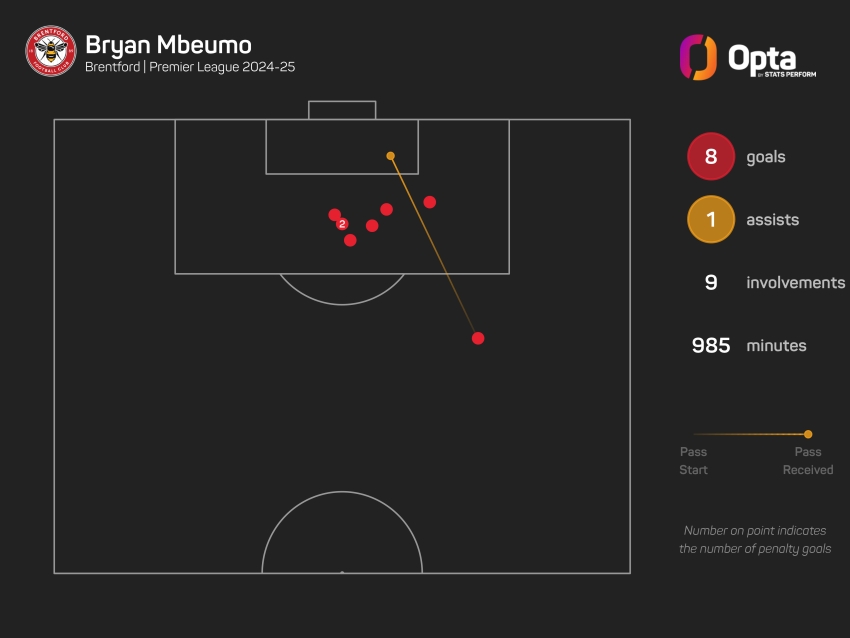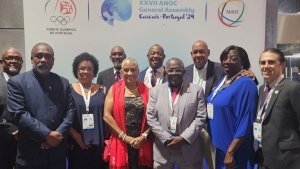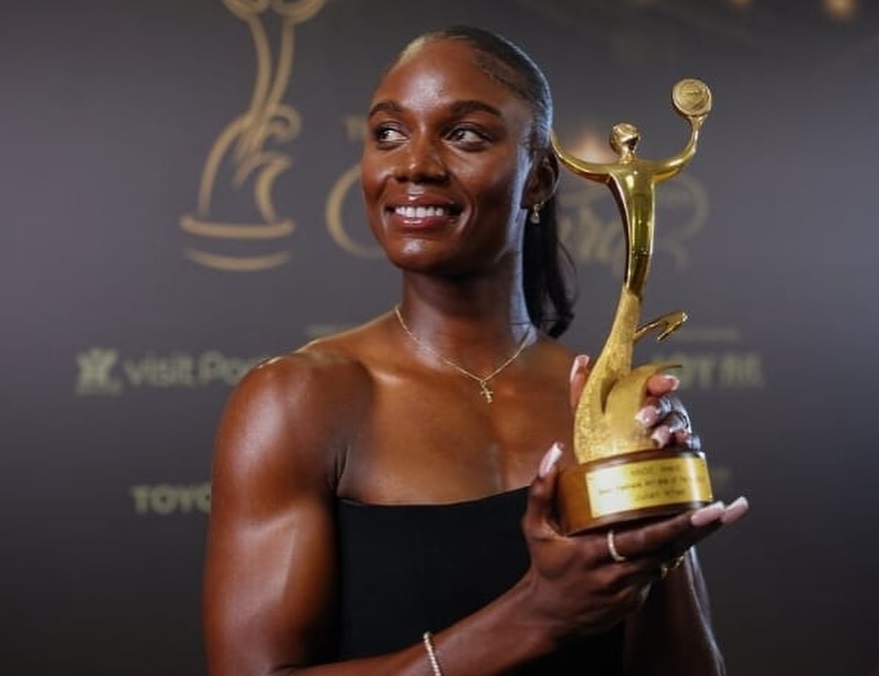Keith Joseph, President of the Caribbean Association of National Olympic Committees (CANOC), delivered a stinging critique of the Association of National Olympic Committees (ANOC) in a statement released on Tuesday, November 5. Joseph suggested that ANOC has lost its way and is no longer equipped to lead in today’s dynamic global sports environment.
Joseph's comments follow last week's ANOC General Assembly in Cascais, Portugal, where he said many attendees left with a sense of frustration and disillusionment over ANOC’s purpose and direction. Reflecting on ANOC’s original mission, Joseph noted, “ANOC was created as a forum for National Olympic Committees (NOCs) to address shared issues and make recommendations for mutual development. Yet, the current structure, dominated by IOC members, has turned these Assemblies into a platform where the IOC seems to be speaking primarily to itself.”
A primary concern raised by Joseph was the lack of NOC representation in selecting representatives for the International Olympic Committee (IOC). He highlighted the disparity between athletes, who generate the Olympic Games' profits, and the limited voice of the NOCs in crucial decision-making processes, asserting that athletes deserve prize money as fair compensation.
Joseph put forth a resolution on behalf of the St Vincent and the Grenadines Olympic Committee (SVGOC), which reportedly gained traction, with ANOC Secretary General Gunilla Lindberg indicating support from the IOC President. Joseph expressed optimism that ANOC will take meaningful steps to address the issues raised.
The statement also underscored CANOC’s growing stature within the international sports community. CANOC was acknowledged during the Assembly by a Deloitte representative, who lauded CANOC’s Sustainability Action Plan 2025–2030. The Assembly also facilitated discussions to broaden the sports program for the Caribbean Games, further strengthening CANOC’s role in advancing Caribbean sports.
Joseph concluded his statement by reinforcing CANOC’s commitment to the Caribbean, emphasizing the importance of unity in overcoming challenges and building a legacy future generations can be proud of.









